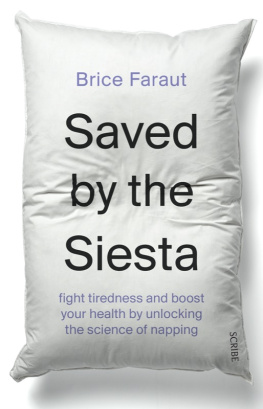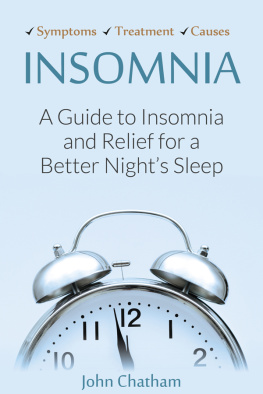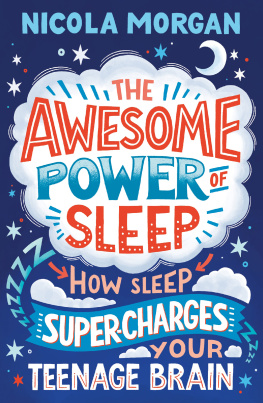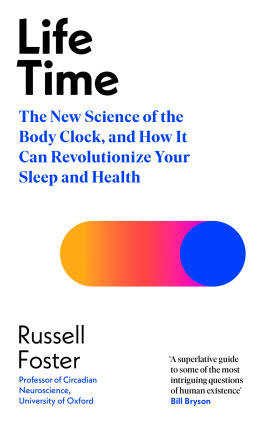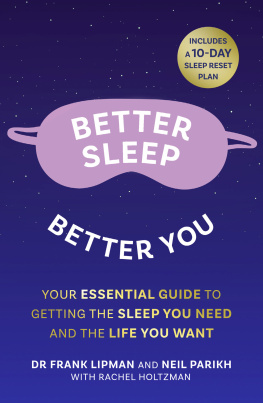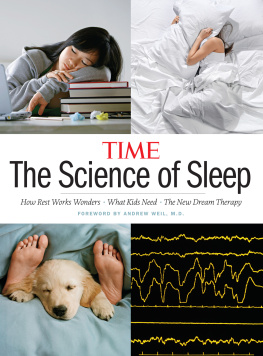Scribe Publications
1820 Edward St, Brunswick, Victoria 3056, Australia
2 John Street, Clerkenwell, London, WC1N 2ES, United Kingdom
3754 Pleasant Ave, Suite 100, Minneapolis, Minnesota 55409, USA
First published in French as Sauvs par la sieste by Actes Sud 2019
Published in English by Scribe 2021
Text copyright Actes Sud, 2019
English language translation copyright Eric Rosencrantz 2021
All rights reserved. Without limiting the rights under copyright reserved above, no part of this publication may be reproduced, stored in or introduced into a retrieval system, or transmitted, in any form or by any means (electronic, mechanical, photocopying, recording or otherwise) without the prior written permission of the publishers of this book.
The moral rights of the authors and translator have been asserted.
Scribe acknowledges Australias First Nations peoples as the traditional owners and custodians of this country, and we pay our respects to their elders, past and present.
978 1 925849 71 4 (Australian edition)
978 1 912854 72 1 (UK edition)
978 1 950354 57 3 (US edition)
978 1 925938 41 8 (ebook)
Catalogue records for this book are available from the National Library of Australia and the British Library.
scribepublications.com.au
scribepublications.co.uk
scribepublications.com
For my children, and for Fanny
Sachons dormir, nous saurons veiller.
By learning how to sleep,
we shall learn how to wake.
Alain (mile-Auguste Chartier, 18681951)
Contents
Part I Portrait of the Sleeper
1.
2.
Part II A World of Sleep Debt
3.
4.
Part III The Siesta, or: The Force Awakens
5.
6.
7.
The Call of the Siesta:
Introduction
Nowadays, instead of giving sleep its rightful place in our lives, we sacrifice it on the altar of work or subdue it with drugs, or at least food supplements. In my own country of France, sleeping pills are regularly taken by 67 per cent of the adult population and psychotropic drugs by 18 per cent, while we consume 1.4 million packs of supplements containing melatonin every year. 1 Millions of people grapple daily with a lack of sleep that saps their energy, undermines their health, and can even prove life-threatening. And yet theres a simple solution to the problem: get some sleep. Which, in our hyperactive society, often means take a nap . So how come doctors never prescribe this particular drug? Why is this ancestral remedy so sorely underrated in our society?
It is, to be sure, a trending topic: the media increasingly relay the latest scientific findings on the benefits of the power nap, entrepreneurs tout its positive effects on productivity, and people look wistful at the very thought of it. Yet napping has hardly caught on. Were still liable to harbour doubts about the seriousness of daily practitioners of the afternoon snooze. We cant help suspecting its a drag on productivity even though 5070 per cent of the nations workforce complain about not getting enough sleep. Should we feel guilty about seeking to remedy an evil thats wearing us down? Who says were allowed to sleep seven or eight hours a night but not a few extra minutes every day? The answer is at least as old as the industrial world: despite the curative virtues of taking a snooze, many people still think its a bit too easy, and a bit lazy, to give in to the temptation. On the contrary, however, there is wisdom in napping. In fact, it is of pressing importance to give the nap its due, to acknowledge its therapeutic benefits, and to reinstate it as a daily routine on a par with our regular meals, our daily grind, and our nightly repose. May this book serve to convince you of that.
And after all, the habit of napping isnt entirely alien to you: you did it every day, albeit sometimes reluctantly, for the first few years of your life. Yet while you may have renewed a nodding acquaintance with the occasional catnap on weekends or holidays, youve likely never dared to take it to next level.

